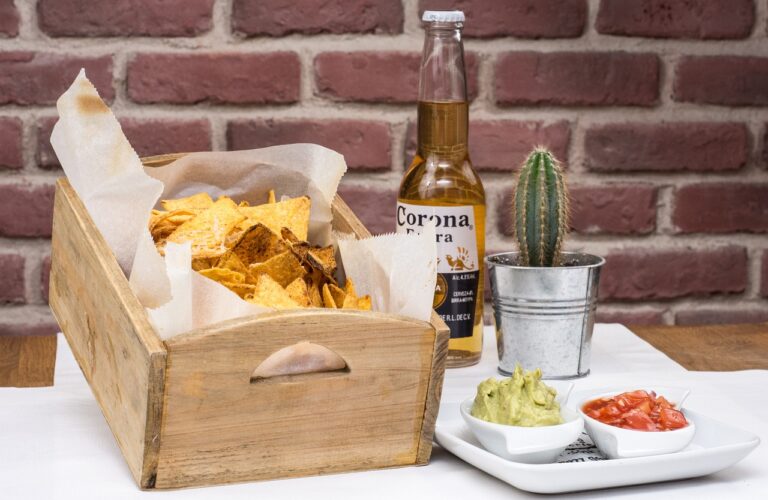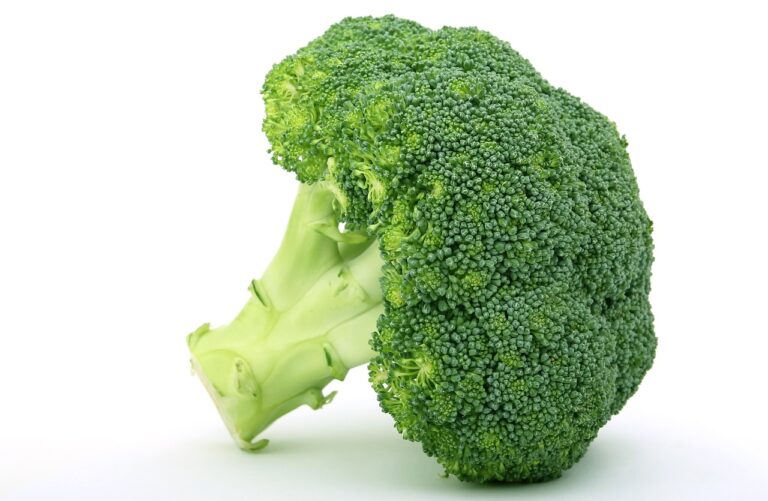The Role of Olive Oil in Vegan and Vegetarian Diets: Betbhai.com sign up, Playexch in live login, Gold365 login
betbhai.com sign up, playexch in live login, gold365 login: The Role of Olive Oil in Vegan and Vegetarian Diets
Olive oil is a staple in many vegan and vegetarian diets due to its versatility and health benefits. With its rich flavor and numerous health properties, olive oil has become a favorite ingredient among those following plant-based lifestyles. In this article, we’ll explore the various ways in which olive oil can enhance vegan and vegetarian diets.
Benefits of Olive Oil in Vegan and Vegetarian Diets
1. Rich in Healthy Fats: Olive oil is packed with monounsaturated fats, which have been linked to various health benefits, including reducing the risk of heart disease and lowering cholesterol levels.
2. Antioxidant Properties: Olive oil contains antioxidants such as vitamin E and polyphenols, which help protect the body against oxidative stress and inflammation.
3. Supports Weight Management: Despite being high in calories, olive oil has been shown to aid in weight management when consumed as part of a balanced diet.
4. Enhances Flavor: Olive oil adds a rich and flavorful element to dishes, enhancing the overall taste of plant-based meals.
5. Versatile Cooking Oil: Olive oil can be used for saut驮g, roasting, baking, and dressing salads, making it a versatile ingredient in the kitchen.
6. Helps Absorb Nutrients: When paired with vegetables, olive oil can help the body absorb fat-soluble nutrients such as vitamins A, D, E, and K.
Incorporating Olive Oil Into Your Diet
1. Salad Dressings: Create delicious salad dressings by combining olive oil with vinegar or lemon juice, herbs, and spices.
2. Roasting Vegetables: Drizzle olive oil over vegetables before roasting them to bring out their natural flavors.
3. Sauces and Dips: Use olive oil as a base for sauces and dips such as pesto, hummus, and marinara sauce.
4. Cooking Grains: Add a splash of olive oil when cooking grains like quinoa, rice, or couscous for added flavor.
5. Marinating Tofu and Tempeh: Marinate tofu or tempeh in a mixture of olive oil, herbs, and spices before cooking to infuse them with flavor.
6. Drizzling Over Soup: Finish off soups and stews with a drizzle of olive oil for an extra burst of flavor.
FAQs
Q: Is olive oil suitable for high-heat cooking?
A: While olive oil has a lower smoke point compared to some other oils, it is still suitable for cooking at moderate temperatures. For high-heat cooking, consider using refined olive oil or other high-heat oils like avocado oil.
Q: What is the difference between extra virgin and regular olive oil?
A: Extra virgin olive oil is made from the first pressing of olives and is considered the highest quality and least processed form of olive oil. Regular olive oil, on the other hand, is a blend of refined olive oil and virgin olive oil.
Q: How should olive oil be stored?
A: Olive oil should be stored in a cool, dark place away from heat and light to prevent oxidation. It is best to use olive oil within six months to a year of opening for optimal flavor and quality.
In conclusion, olive oil plays a crucial role in vegan and vegetarian diets, providing a source of healthy fats, antioxidants, and flavor. By incorporating olive oil into your plant-based meals, you can enhance both the taste and nutritional value of your dishes. So, next time you’re in the kitchen, reach for that bottle of olive oil and elevate your vegan or vegetarian creations.







